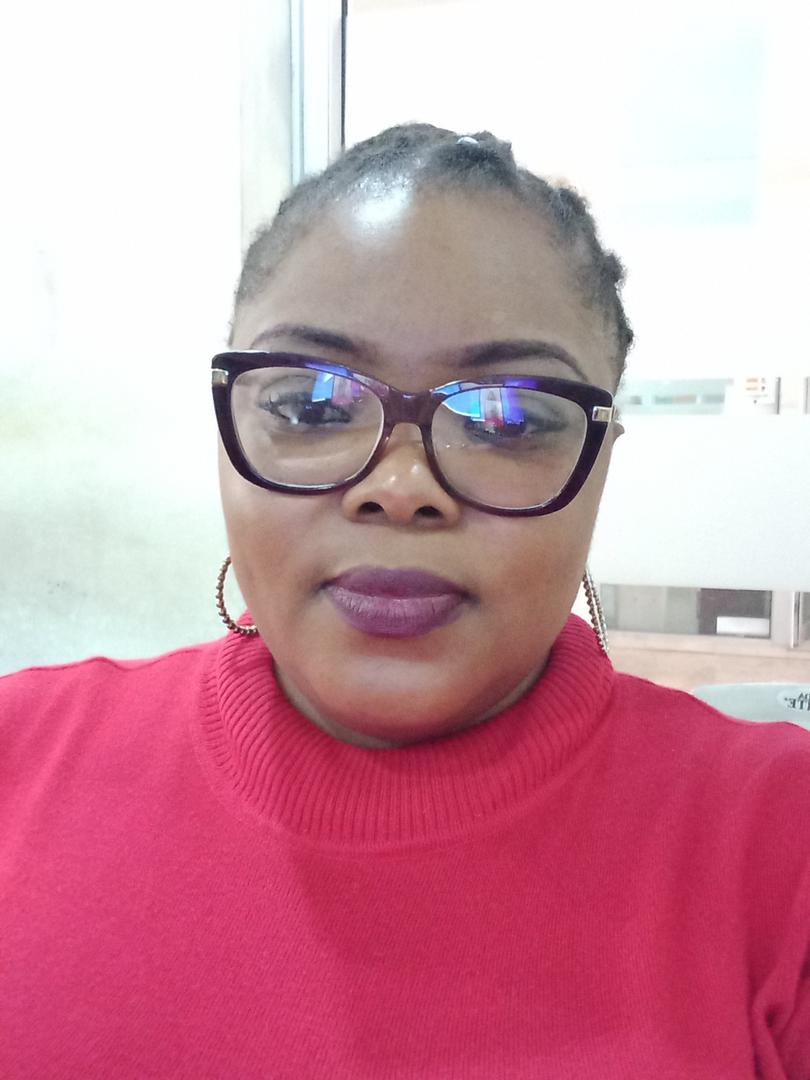
Top 30 Cartoon Characters That Were Villains
Our list rounds up the top 30 cartoon characters that were villains, each one more wonderfully wicked than the last.
Netflix, oloture
Oloture is a humanized insight into the silent desperation of Lagos prostitutes that prompts viewers to see the reasons for their actions.

Oloture is the story of an investigative journalist who goes undercover as a prostitute to investigate and expose the complexities and major players in the human trafficking ring. Rather, she gets entangled in a world of transactional sex, extreme violence, rape, abusive pimps, corruption and ruthlessness.
But she is not satisfied. Keen to learn more, she joins a throng of prostitutes who are desperate to leave the shores of Nigeria for the ‘next level’ in Europe, where they think their lives will be better and their trade will be more profitable.
Little do they know that what awaits them is a gut-wrenching journey- the stuff of nightmares filled with exploitation, senseless murders, a smuggling cartel including a ruthless madam, a corrupt politician and conniving pawns.
Her story doesn’t get better, only worse.

I love the realism in this work of art. Sharon Ooja’s portrayal of Oloture is particularly inspiring, as she deeply embodies all the conflicting aspects of her role, from bravery, naivety, stupidity, and trust to paranoia and pain.
I love how she portrayed Oloture’s vulnerability in a very honest way and how all the characters were very expressive. Where dialogue failed to do justice to their inner feelings, their facial expressions revealed all.
We all know that prostitutes don’t speak Queen’s English. They speak Pidgin, so there is a lot of Pidgin going on here. Kudos to the production team for showing it as it is.
Also commendable is Oloture’s speaking of the Idoma language and Linda’s accurate portrayal of the Bini language. This shows that Nigeria is a melting pot of other languages, not just the Big Three- Yoruba, Igbo and Hausa.

The nudity… well, Oloture is not Spongebob Squarepants. It’s rated 18+ and is a movie about working women.
There are the good ole’ beautiful melanin skins on display, complete with waist beads and chains glistening in the dark. But as the journey progresses, leaving Oloture and her new fire-forged friend Peju to continue despite losing everything except their lives, nudity is thrown out the window, becoming the picture of a deathly struggle to survive in a strange and unfriendly world.
It’s worth noting that Sharon Ooja and her co-star, Beverly Osu, didn’t wash or comb their hair throughout shooting for the desert scenes to create an authentic look.
But I have some questions.
Warning! Spoilers!
Why would Oloture disobey a direct order from her superiors to drop the investigation and return to work?
Why would Oloture, knowing that the journey is a harrowing one and she might not make it out alive, continue with it even after the accident? Why didn’t she just go back home to her worried mother? Why are all the powerful women and the not-so-powerful ones smoking a cigarette? Is a cigarette directly linked to prostitution?
Why is Oloture, who is paranoid and doesn’t even tell Peju who she really is, suddenly free to discuss with Femi?

Oloture has issues with continuity. For one, all the trafficked girls in the first part, save Beverly Osu, were absent from the limited series.
It doesn’t matter, though, as they all die before the end of the first act. There is also the case of Oloture’s mother, who was killed in the first part. While I believe that a recast is necessary because the first person to act it, Ada Ameh, is late and Binta Ayo-Mogaji also did a beautiful job, I still feel some kind of way about it.
Oloture is a gritty portrayal of the horrific experiences of human trafficking that doesn’t shy away from showing violence, poverty, and corruption. It’s a humanized insight into the silent desperation of Lagos prostitutes that prompts viewers to see the reasons for their actions.
However, the ending is quite disappointing. The cliffhanger is too steep, and it ends without resolving any of the storylines. We do not know if Oloture and her friends ever get to Europe, what becomes of Beauty, or if the impending gang war will ever happen.
Starring Sharon Ooja, Omoni Oboli, Beverly Osu, Blossom Chukwujekwu, Segun Arinze. Ada Ameh (RIP), Omowunmi Dada, Omoni Oboli, Daniel Etim-Effiong, Ikechukwu Onunaku, Kemi Lala Akindoju, Bukola Oladipupo, Patrick Doyle, Omawunmi Megbele, Wofai Fada, Sambasa Nzeribe, Yemi Solade, Gregory Ojefua, Eunice Omorogie, Pearl Okorie, David Jones David, Binta Ayo-Mogaji, Bucci Franklin, etc.


Our list rounds up the top 30 cartoon characters that were villains, each one more wonderfully wicked than the last.

DC is great at making comics and animated movies, while the MCU has the upper hand in its cinematic aspects

Discover the best apps to read books for free in 2025. Access thousands of free e-books and audiobooks on your phone or tablet. ...

There are some outright funny cartoon characters who exist solely to crack you up, loud, hard, and with zero apology.

Things Fall Apart is for the colonizers as well as the colonized, helping to understand the role of colonialism in the realization...

While many of the Nollywood movies on our list are quite old, it’s a testament to the capabilities of the industry’s p...

While this isn’t an exhaustive list, it comprises some of the most popular mythical creatures from around the world.